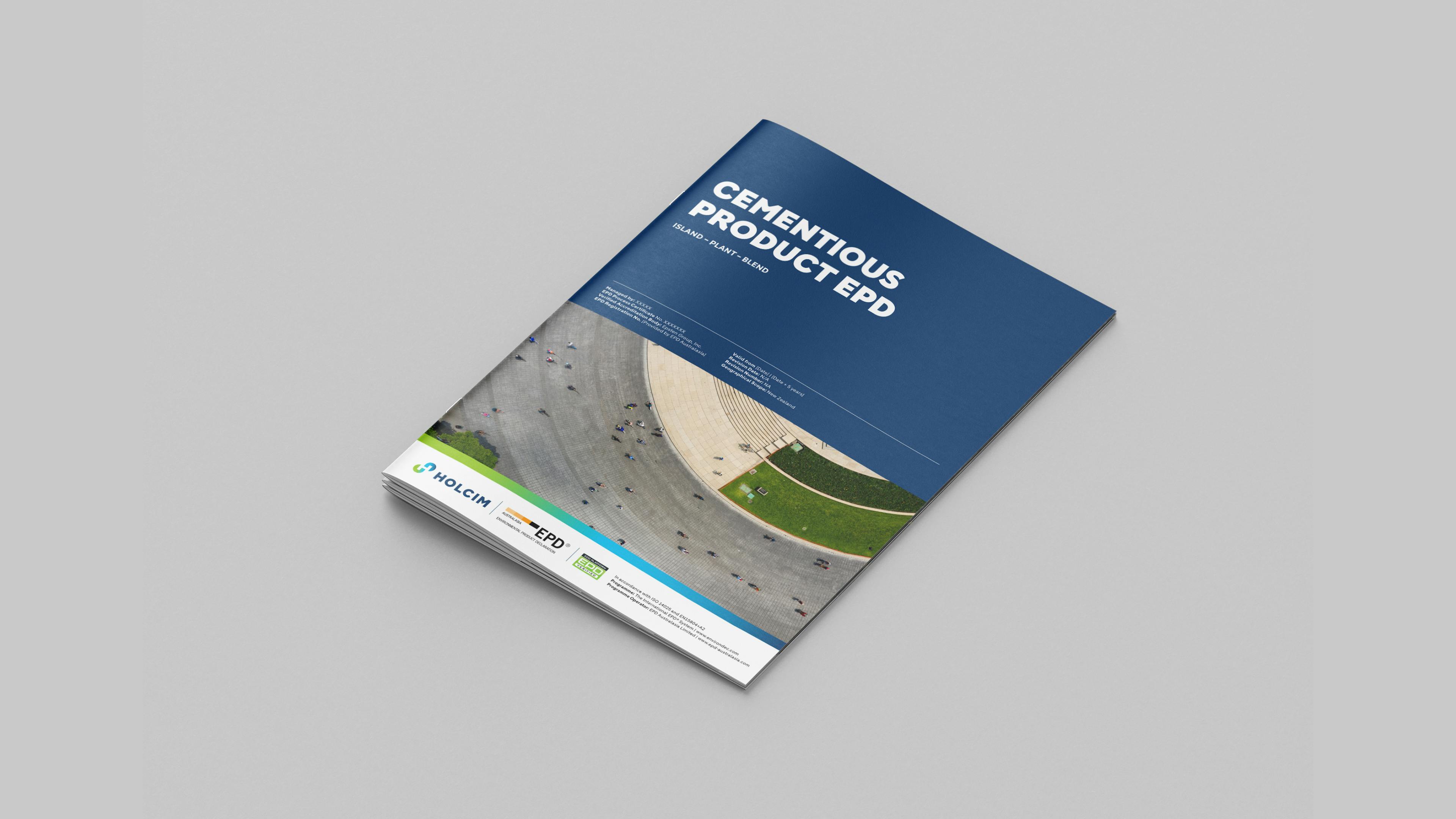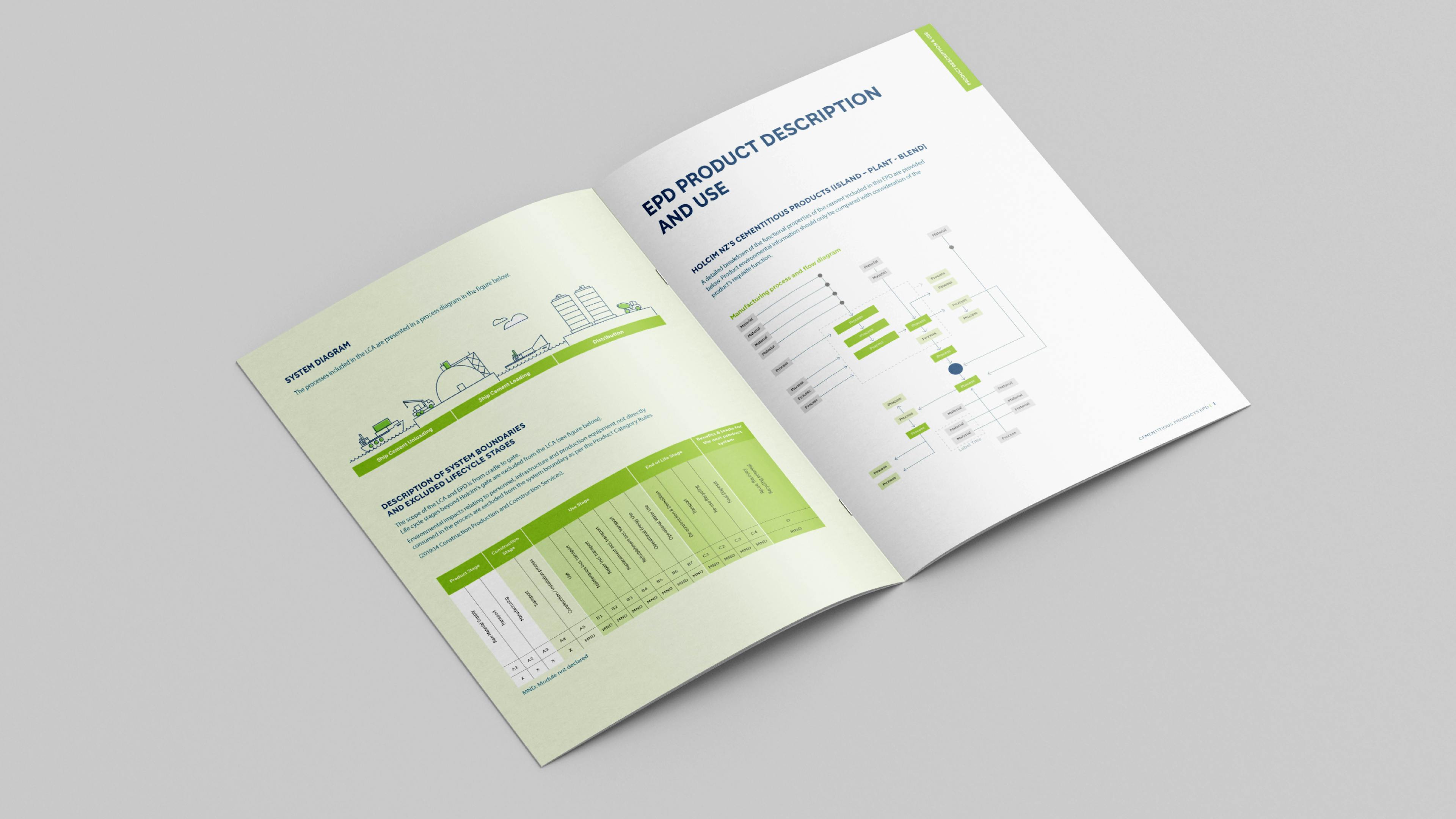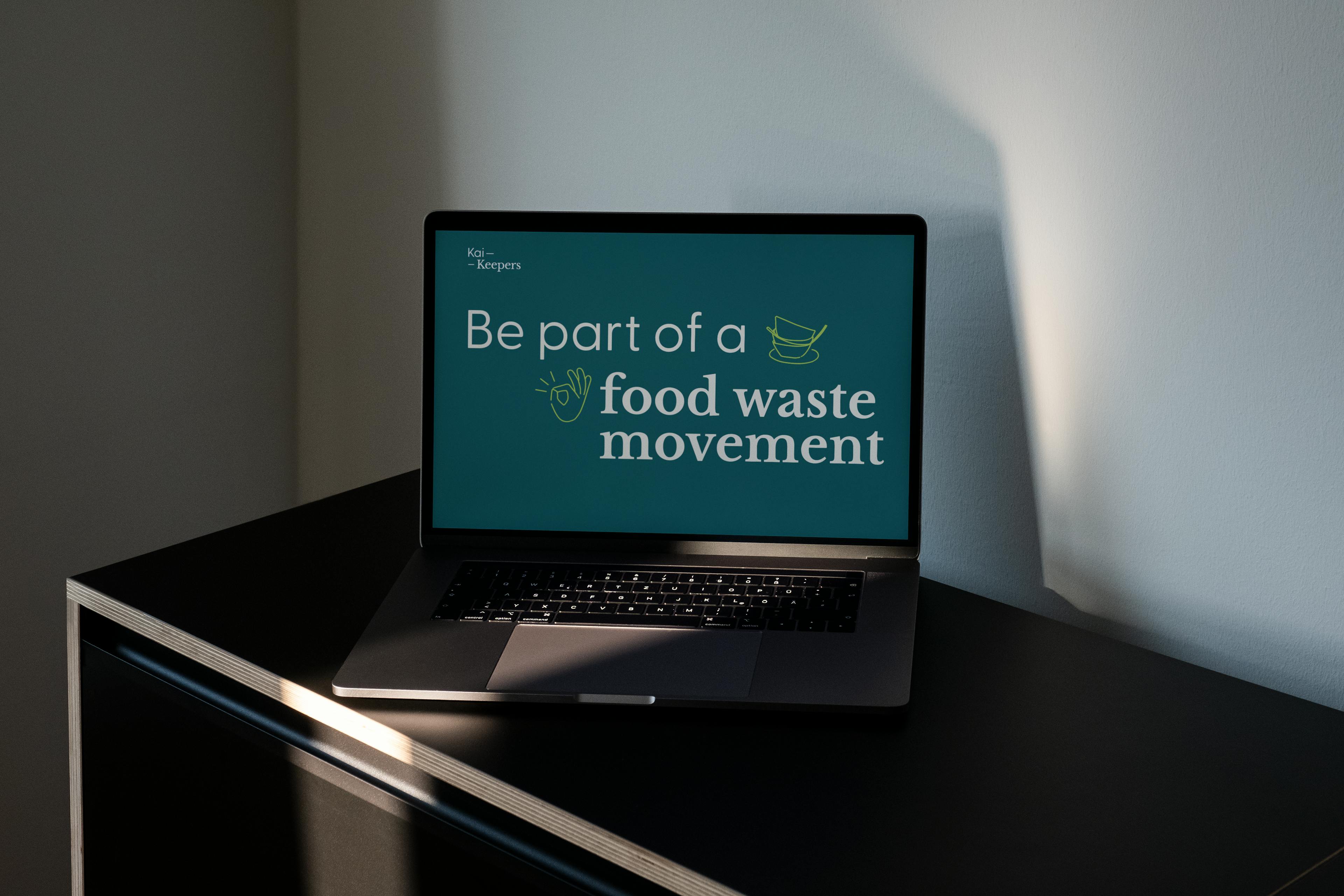
The Business Value of Environmental Product Declarations for Sustainable Growth
Written by
Roanna Jones, Consultant, Lifecycle & Material Flow Assessments
In today’s competitive market, businesses are increasingly expected to not just talk about sustainability but to show their commitment through measurable actions.
Environmental Product Declarations (EPDs) provide a clear, independently verified way to communicate the environmental impact of your products.
By offering detailed, transparent data about a product’s lifecycle, EPDs allow companies to not only meet growing sustainability expectations but also gain a competitive edge, build trust with customers, and differentiate themselves in a crowded marketplace.
Upcoming Workshops: Elevate Your Product Transparency
In line with the critical role of transparency in environmental claims, we’re hosting two upcoming workshops in New Zealand with Eco Choice Aotearoa.
These sessions will empower professionals in the built environment to deepen their understanding of product transparency and its real-world applications.
Choose between two workshops:
1. Product Transparency Unpacked: A Workshop for Leading Manufacturers
2. Transparency in Practice: A NZIA Approved Workshop for Architects and Specifiers
What is an Environmental Product Declaration (EPD)?
An Environmental Product Declaration (EPD) is a third-party verified document that offers transparent, comparable data on a product's environmental impact across its life cycle.
These documents enable engineers, architects, and procurement specialists to evaluate the embodied carbon of materials in their projects.
Additionally, EPDs help customers select products aligned with sustainability certifications, such as NABERS and Green Star ratings.
Key Benefits of EPDs for Your Business
Commissioning an Environmental Product Declaration (EPD) for your product or service presents a range of benefits, such as:
1. Market Differentiation
Leverage EPDs to set your products apart. By showcasing your verified sustainability efforts, you can attract clients who prioritise environmentally responsible partners and gain a competitive edge in the marketplace.
2. Compliance with Rating Systems
EPDs are recognised by major sustainability frameworks like Green Star, NABERS, and the Infrastructure Sustainability Council Rating Scheme. This recognition provides a strategic advantage in sectors where environmental performance is highly valued.
3. Transparency and Full Disclosure
EPDs provide comprehensive data on the environmental footprint of your products, offering full transparency. Demonstrating this level of disclosure not only builds trust but also enhances your corporate reputation by showcasing your commitment to responsible business practices.
4. Reducing Greenwashing Risks
With EPDs, environmental claims are backed by third-party verified data. This helps reduce the risk of greenwashing, ensuring your sustainability claims are credible and reliable.
5. Improved Decision-Making for Sustainability
The business-specific data within EPDs helps identify environmental hotspots across the product life cycle. By leveraging these insights enables organisations to make data-driven decisions, optimise resources, and drive targeted sustainability improvements.
6. Enhancing Corporate Reputation
By committing to environmental transparency through EPDs, businesses can elevate their brand image, positioning themselves as leaders in sustainability. This can also foster long-term loyalty with environmentally conscious clients.
Designing for Engagement: Create EPDs that promote your products' sustainability credentials. Use infographics and visualisations to make technical data digestible and accessible.
This approach highlights the environmental benefits of your products and fosters confidence in your communications, helping you avoid greenwashing.

At Edge Impact, our creative team transforms complex sustainability data into visually engaging reports. From digital campaigns to brand strategy, we assist organisations in embedding sustainability authentically into their narratives.
Learn more about our Brand and Communications Services here.

Unlocking Business Insights with Lifecycle Assessments (LCA)
An EPD includes a detailed lifecycle assessment (LCA), offering insights that go beyond standard requirements.
The LCA reveals environmental hotspots and areas for optimisation, enabling better decision-making on where to allocate resources for maximum environmental impact. Additionally, it helps identify “quick wins” where sustainability improvements can be easily implemented within your product systems.
Recent Regulatory Developments: Preparing for 2025 and Beyond
From 2025, the Australian National Construction Code (NCC) will introduce voluntary reporting for embodied carbon in commercial buildings using the NABERS framework.
By 2028, a mandatory minimum standard for embodied carbon may be introduced, covering both residential and non-residential buildings. Companies with Environmental Product Declarations (EPDs) will be better positioned to meet these evolving compliance requirements.
Reference: Australian Government Industry News
Why Now is the Time to Act on EPDs
With growing regulatory pressure and consumer demand for sustainable practices, EPDs are more than just compliance tools—they are strategic assets for future-proofing your business.
By adopting EPDs now, companies can demonstrate leadership in sustainability, enhance product offerings, and prepare for future regulations that will demand increased transparency in environmental impact reporting.
Edge Impact has supported leading organisations in maximising the value of their EPDs, turning technical documents into strategic assets that communicate sustainability effectively.
Contact us to explore how our expertise can help you on your sustainability journey.
What we do
As experts in the full spectrum of sustainability topics, we are here to guide you through the complexity. We combine global expertise with the knowledge and experience of the local Aotearoa NZ context. Our team includes specialists from across the globe; from strategists to economists, engineers to creatives. Since 2008, we have been helping businesses, organisations, industries and societies make transformation happen.
Our areas of expertise are focussed around the following areas:
Leadership and Transformation
ESG and Strategy
Decarbonisation and Climate Resilience
Circular Economy and Lifecycle Thinking
Procurement and Supply Chain
Built Environment
Nature and Biodiversity
Brand, Communications and Creative




